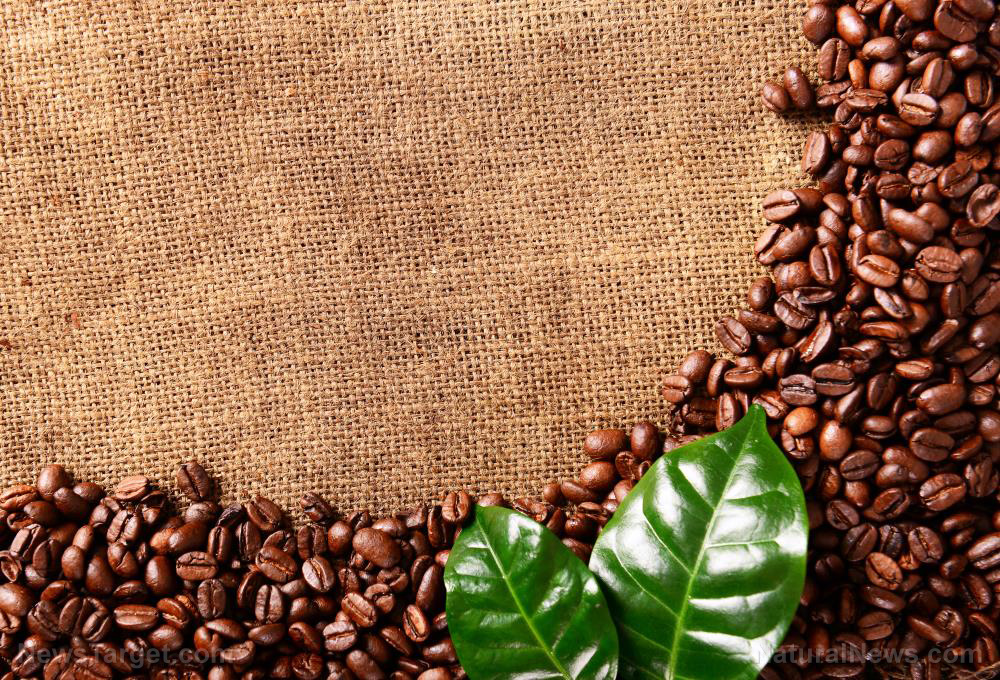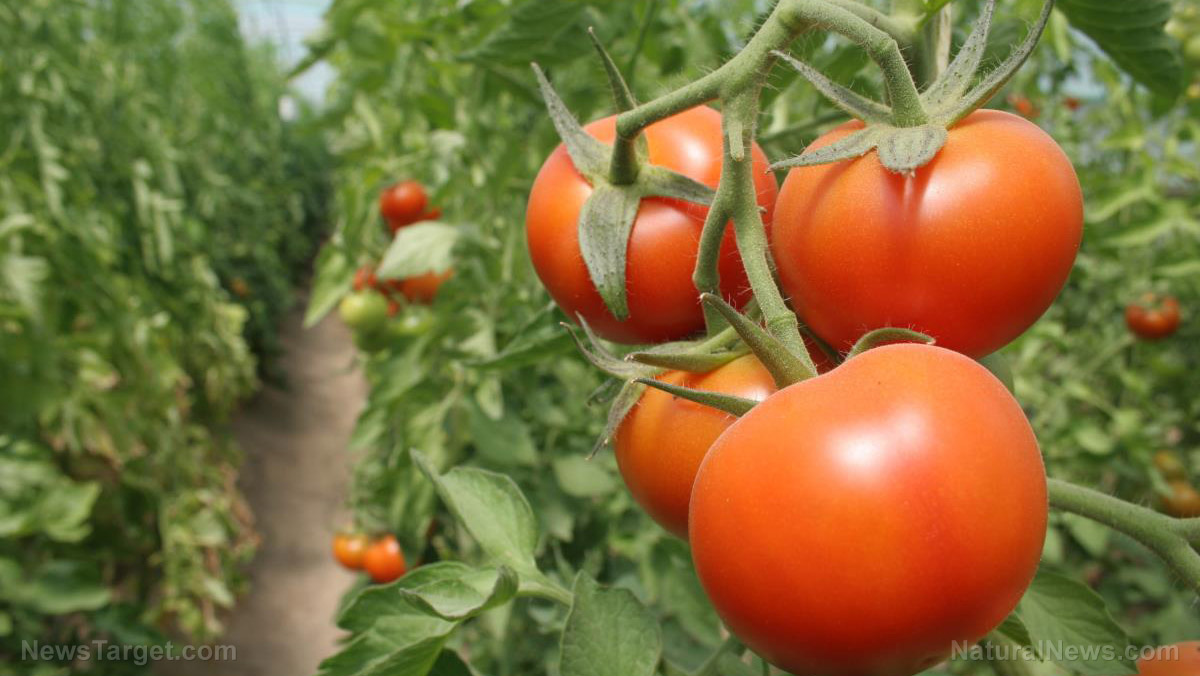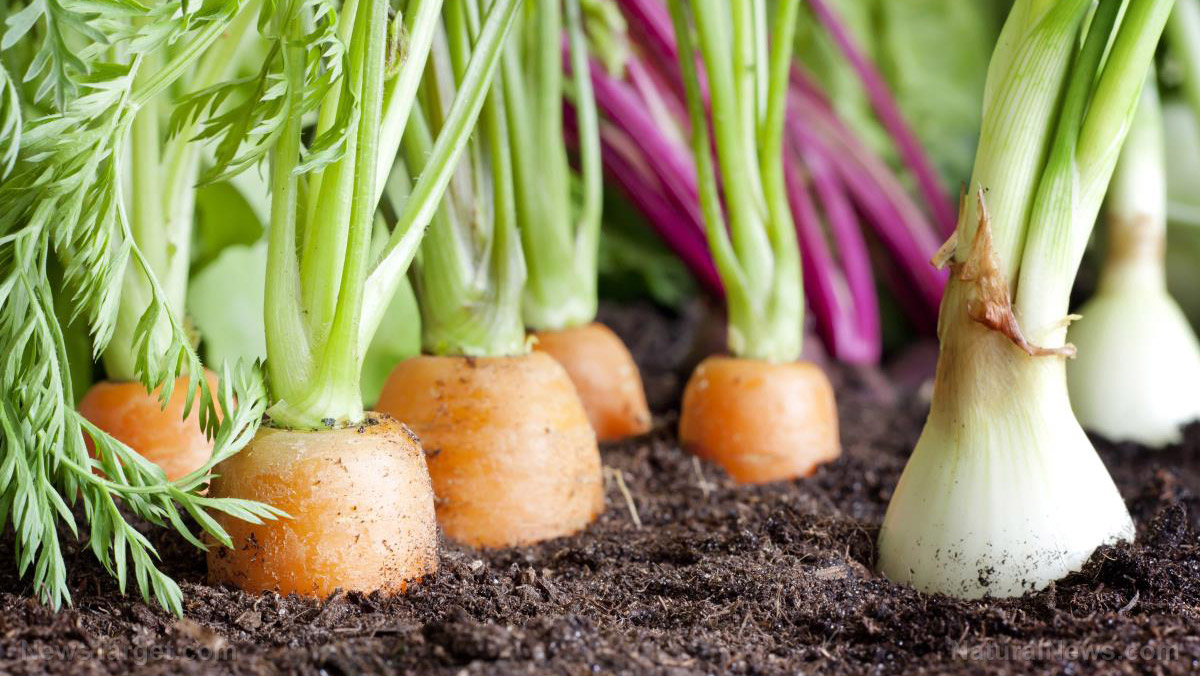
Advertisement
Brazil, the world’s largest producer of arabica coffee, is reporting record-low inventory – highlighting the worsening condition of global coffee supplies.
Coffee inventories in Brazil may dip to just seven million bags weighing 60 kilograms (132 pounds) each by March 2023, according to Silas Brasileiro, president of the National Coffee Council. According to industry experts, a more comfortable harvest would net between nine to 12 million bags of arabica coffee beans. (Related: Now Brazil is facing potential crop failures due to Russia’s freeze on fertilizer exports.)
Nelson Carvalhaes, a board member for the coffee exporters association Cecafe, noted that stockpiles are so low that “even if we have a good crop next year, Brazil may just barely have enough to serve demand.”
Carvalhaes added that the heatwave affecting Brazil is making it difficult for coffee farmers to generate enough output. “We just need to have the rain,” he said.
Weather conditions caused by La Niña, a weather phenomenon that can cause temperatures to rise in Brazil, are expected to extend dry conditions for the next few months. This will bring about an extended drought in Brazil and too much rain in Colombia, the world’s second-largest coffee producer.
Adverse weather patterns are also expected to hurt coffee yields in other major coffee-producing nations like Guatemala, Honduras, Nicaragua and even Vietnam in Southeast Asia.
Coffee farmers unable to produce enough this year
As the harvest in Brazil progressed, the frustration of farmers with this year’s supply only increased. When producers began processing the beans, they noticed excessive outer husks. This means the producers had to process more beans than usual to fill up 60 kg bags.
Cooxupe, Brazil’s largest arabica-growing cooperative, projected an 11 percent drop in output compared to the previous harvest season.
Regis Ricco, a consultant for the southeastern state of Minas Gerais, which produces roughly half of all Brazil’s arabica, noted that coffee-growing cooperatives all over the state are winding down the number of trips they ask truckers to make to pick up coffee bean bags.
“It’s as if we were in an off-season,” noted Ricco.
“This is a big crisis for us,” said Jose Marcos Magalhaes, a coffee farmer and president of the Minasul coffee cooperative in Minas Gerais. Per original agreements, the company’s 9,000 members commit to supplying a certain amount of coffee each season. But this year, the heads of the cooperative have allowed members to turn in just half of what they originally promised.
In 2020, Minasul’s members produced 2.2 million bags of coffee. It expects to receive less than a million bags this year.
“Some growers don’t even have that half that we’re asking for,” said Magalhaes.
Ademar Laitano, 57, another coffee farmer from Minas Gerais, said that in a good year he can grow enough coffee to fill 4,000 60-kg bags. This year, he said he’ll be lucky to grow half that number.
Coffee prices to continue increasing due to diminishing supply
Brazil’s diminishing coffee supply is echoing global scarcity concerns and threatening to push prices far higher than they already are.
Last year, the demand for coffee increased by two percent. This year, research firm hEDGEpoint Global Markets predicts consumption to increase by another 1.5 percent. This would mark the second year in a row that coffee consumption is higher than supply.
Guilherme Morya, a senior economic analyst for Dutch bank Rabobank, warned that global prices will continue increasing due to the uncertainty of Brazilian supplies.
Arabica coffee futures in New York have already risen to about 11 percent year-over-year due to tight global supplies. In Brazil’s domestic market, the cost of a bag of arabica delivered to Sao Paulo, one of the main consumer areas, has already increased by 19 percent from a year ago.
Conab, Brazil’s national supply company, is expected to release new estimates for this year’s harvest by the end of September. Arabica prices at coffee shops that rely on Brazilian beans are expected to rise soon after.
Learn more about the state of global agriculture at Harvest.news.
Watch this episode of the “Health Ranger Report” as Mike Adams, the Health Ranger, sounds the alarm over rising crop failure rates worldwide.
This video is from the Health Ranger Report channel on Brighteon.com.
More related articles:
Food shortage simulation predicts 400% SURGE in food prices by 2030.
Brazilian agriculture official: No corn exports to China until next year.
Brazil coffee crops shrinking due to droughts and frosts, leading to shortages.
Sources include:
Advertisements







